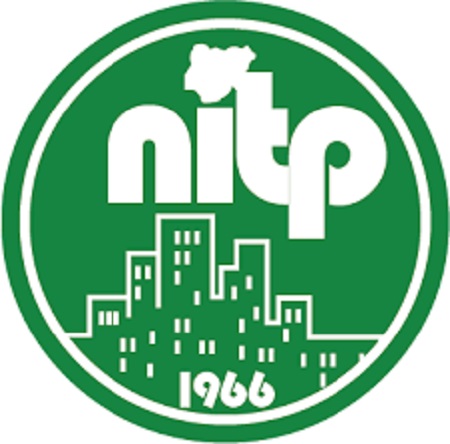The Nigeria Immigration Service, Department of State Services, DSS, and other security agencies have been called upon to be proactive in addressing the influx of illegal miners and immigrants from the Sahelian region into Yakurr Local Government Area of Cross River State.
Despite the Nigerian Army reportedly stationing two truckloads of personnel in the affected communities, there are still reports of more arrivals of strange men suspected to be from the Sahelian region of West Africa under the guise of mining.
A lawyer and former presidential aide, Obol Okoi Obono-Obla, made the call after encountering numerous aliens and illegal miners in neighboring communities.
He stressed that national security should take precedence over the freedom of movement during times of insecurity and emergency.
“Where are the Nigeria Immigration Service and the DSS in effectively managing and monitoring the movement of people into the region? Their involvement and action are crucial in managing the security challenges posed by the influx of illegal miners and immigrants,” he said in an interview with DAILY POST.
Obono-Obla said, “While the Constitution of the Federal Republic of Nigeria, 1999 (as amended), guarantees the right to freedom of movement, the current situation necessitates vigilance and action from the authorities to address this issue.
“In times of crisis, the authorities should have the capacity to monitor and regulate the movement of people, especially those entering the country’s hinterlands unchecked.”
A youth leader in the Mkpani community, Ibor Benji, said in an interview, “This situation is very alarming. On Monday, the central youths of Agoi Ibami assembled to discuss how to address the problem, but no resolutions were reached.
“I went to the farm that day and slept there, returning in the evening. My cousin informed me that some people from Agoi Ibami are now involved in taking the suspected foreign miners to the forest.”
He alleged that some locals, including dignitaries, have connived with the strangers after being financially induced.
He said mass arrivals have become a growing concern.
Neither the authorities at the 13 Brigade of the Nigerian Army nor the state security adviser have responded to the situation.



